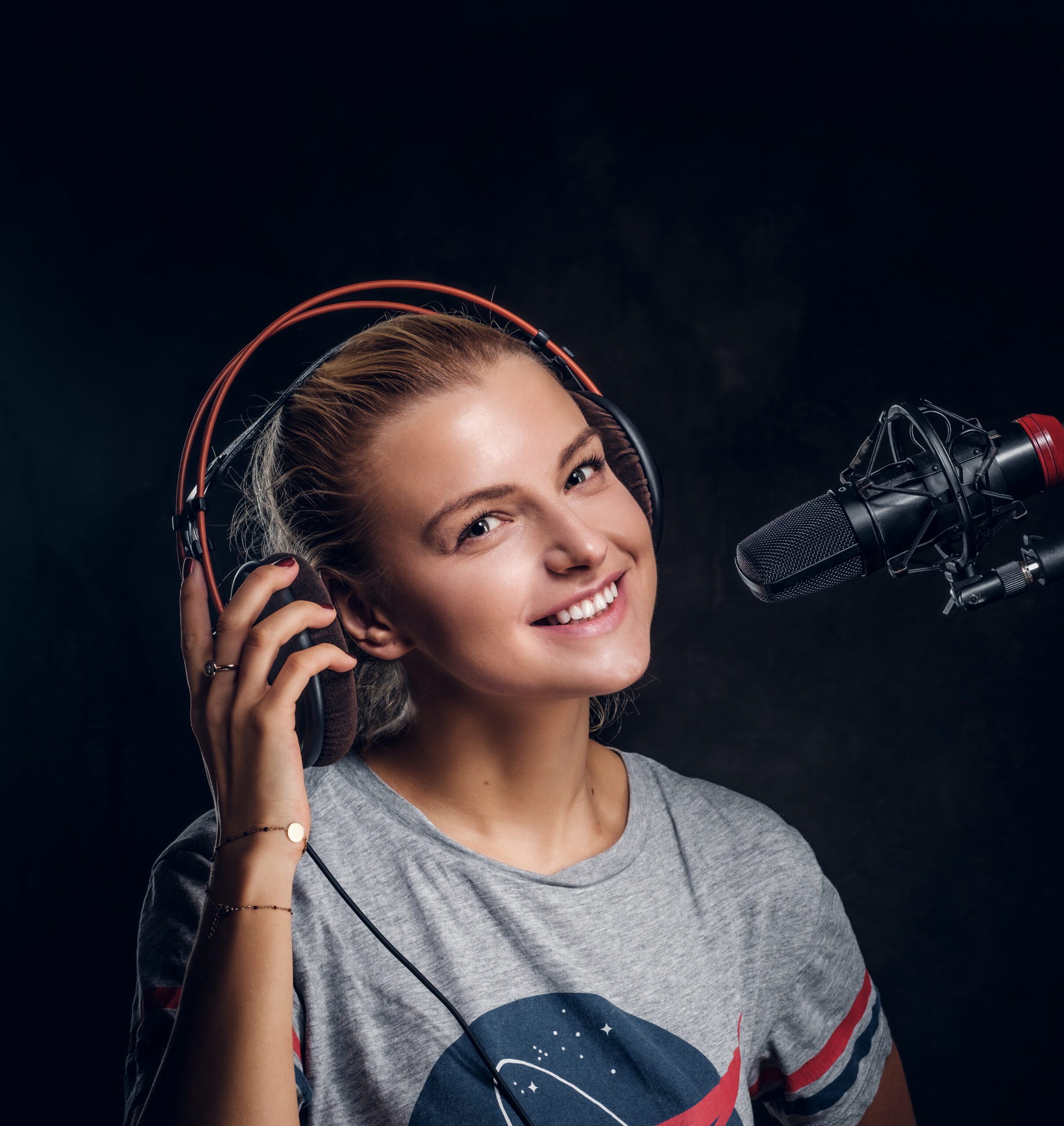Podcasts have quietly evolved from niche hobbies to mainstream entertainment over the past decade, and in 2025, they are officially dominating the media landscape. But what is it about podcasts that has captivated the world? Is it their accessibility, their diversity of topics, or their ability to connect on a deeply human level? It’s a combination of all these factors and more. Let’s dive into why podcasts are becoming the most popular entertainment medium in 2025 and how they’ve reshaped the way we consume content.
The Rise of Podcasts: From Obscurity to Mainstream Stardom
In the early 2000s, podcasts were a novelty, appealing primarily to tech enthusiasts and niche audiences. But fast-forward to today, and over 424 million people globally are listening to podcasts monthly, according to industry reports. What changed?
The answer lies in technology and accessibility. With the widespread adoption of smartphones, affordable streaming platforms, and better internet connectivity, podcasts became easier to consume. The fact that they require no screen time makes them ideal for multitasking—listening while commuting, working out, cooking, or even relaxing.
Another key factor is the expansion of podcast genres. Whether you’re into true crime, health and wellness, comedy, business, or storytelling, there’s something for everyone. This diversity has attracted audiences of all demographics, cementing podcasts as a one-size-fits-all form of entertainment.
Human Connection: The Unique Charm of Podcasts
Unlike traditional media, podcasts often feel personal and intimate. Hosts speak directly to listeners, creating a sense of conversation rather than broadcast. This connection fosters trust, loyalty, and emotional resonance. For many, listening to their favorite podcast feels like catching up with an old friend.
Podcasts also amplify underrepresented voices and niche topics, giving everyone a platform to share their stories. In 2025, listeners are increasingly drawn to this authenticity, especially in a world where media often feels overly polished or manufactured.
Accessibility and Convenience: Why Podcasts Fit Into Modern Lifestyles
The beauty of podcasts lies in their flexibility. Unlike other forms of entertainment, podcasts don’t demand your undivided attention. You can consume them anytime, anywhere, making them perfect for busy lifestyles.
Consider this: during your morning commute, you could listen to a gripping true crime series or an insightful business podcast. While cooking dinner, you might learn a new skill through an educational podcast. The options are endless.
In addition, podcasts are highly customizable, thanks to apps like Spotify, Apple Podcasts, and Google Podcasts. These platforms use AI-powered algorithms to recommend episodes based on your listening habits, ensuring every experience feels personal.
The Podcast Boom: A Creator’s Playground
One of the biggest reasons podcasts have surged in popularity is the low barrier to entry for creators. Unlike other media forms like TV or radio, starting a podcast doesn’t require a massive budget or professional equipment. All you need is a microphone, editing software, and a topic you’re passionate about.
This democratization has led to an explosion of content, with creators from all walks of life contributing to the medium. In 2025, it’s estimated that there are over 5 million active podcasts, covering virtually every topic imaginable.
This creative freedom has allowed podcasts to thrive in ways that traditional media can’t. Creators are unafraid to tackle unconventional or controversial topics, drawing audiences who crave something fresh and authentic.
Monetization and the Creator Economy
Podcasts are also becoming a lucrative business for creators. From sponsorships and advertisements to premium content and merchandise, podcasts are a key player in the booming creator economy. According to industry analysts, the global podcasting market is projected to reach $25 billion by 2030, with creators reaping the benefits of this massive growth.
This economic viability has encouraged even more individuals, brands, and celebrities to jump on the podcasting bandwagon, further fueling the medium’s popularity.
Podcasts as an Educational Tool
Podcasts are not just about entertainment; they’ve also emerged as a powerful educational tool. In 2025, more people are turning to podcasts to learn new skills, gain knowledge, and stay informed about current events.
Universities, companies, and thought leaders are embracing podcasts as a way to reach wider audiences. From TED Talks Daily to language-learning podcasts, these audio platforms are bridging the gap between education and entertainment in a way that traditional learning methods cannot.
The Future of Podcasts: Trends to Watch in 2025
As podcasts continue to evolve, new trends are shaping the industry in exciting ways:
- Interactive Podcasts: AI and voice technology are enabling interactive listening experiences, where audiences can participate in real time.
- Visual Podcasts: Many creators are now incorporating video elements, blending the best of both audio and visual media.
- Localization: Podcasts in regional languages are booming, reaching untapped audiences in non-English-speaking regions.
- Mental Health and Wellness: With a growing focus on self-care, mental health podcasts are becoming some of the most popular categories.
Why Podcasts Are Here to Stay
Podcasts have redefined what entertainment can look like. They’ve broken the mold of traditional media, offering something that feels authentic, flexible, and deeply human. In a fast-paced, screen-saturated world, podcasts offer a refreshing escape—a way to consume content without being tied to a screen.
With their growing popularity, diverse topics, and innovative formats, podcasts aren’t just a trend; they’re the future of entertainment.




